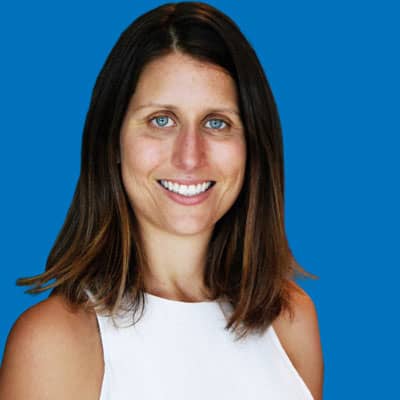By Dr Nina Hood
I recently received a series of emails from a truly talented teacher (I have been lucky enough to spend some time in her classroom), who has over thirty years of experience teaching.
In her first email, she described how her beliefs around knowledge had been challenged as a result of being part of a professional learning circle last year.
She touched on many of the ideas raised in the report On Knowledge, that The Education Hub released last year. However, what struck me was that her account managed to capture something beyond what a research report can (save perhaps Lesley Murrihy’s chapter on the spiritual dimension of knowledge in education). There was an authenticity and honesty that only comes when something is learned (becomes known) through experience in practice. It is the lived experience rather than simply an academic discourse.
The teacher was reticent to voice and share her ideas to a broader audience (the particular reasoning will become the subject of a later blog post). However, for me her voice is too important to remain just in an email. So, with her permission, I will share her journey.
The focus of values and skills pedagogy, and the role of the student driving the learning within a classroom context provoked thought for me. The deliberate move in NZ schools, whereby students acquire knowledge in social situations (constructivism), was presented to the group. This has been challenging. I have had to think deeply about the way students acquire knowledge. I have had to consider the role of content knowledge, access to this knowledge for all, and the impact constructivism has on valuable epistemic knowledge.
The longer I teach, the more I believe there is a base knowledge that is precious, as it enables connections to be made. I have studied liberal education which makes a clear distinction between curriculum content and pedagogy. Elizabeth Rata refers to curriculum knowledge that serves a wider utilitarian purpose. It is knowledge that can be expanded upon in allowing connections and rational thinking. Knowledge can become localised and connections weakened. When students drive the learning, we need safeguards to ensure there is equal access to valuable knowledge. What if knowledge becomes too localised and connections weakened?
I am not advocating simple transmission of knowledge. An authentic experience enables engagement and collaboration within a learning community. These experiences also need to make strong, deliberate and sequential links to the wider conceptual understanding. This is where my training and professionalism as a teacher becomes very important within the process.
…. We have a national curriculum which has structured building blocks to success and has a vital role. The navigation to success appears to be a little skewed. … My concern is that the building blocks to success are perhaps beginning to lack cohesion and uniformity, which opens up thought. [Underlining in the original]
These words have raised several important challenges and ideas for me. The first is the importance and place of knowledge in education and schooling. I particularly like the term ‘valuable knowledge’. The teacher’s ‘valuable knowledge’ is remarkably similar to Michael Young’s ‘powerful knowledge’, knowledge that ‘enable[s] students to acquire knowledge that takes them beyond their own experiences’ (Young et al., 2014, p. 7). The second important idea raised is the need to interrogate, challenge, and critique The New Zealand Curriculum, and more particularly its implementation and enactment in schools. This is not say that there is anything inherently wrong with the curriculum document, but rather that the document and the concepts within it too frequently are taken for granted without truly being understood. And thirdly, the teacher’s reflections demonstrate the power of a learning circle, of teachers and leaders from different schools – primary and secondary – coming together to think, to learn, to question. Too often we remain in silos in education, with too few opportunities to look outside of our immediate contexts, our immediate day-to-day realities. And we lack the time and space to deeply reflect on our own practice and education more broadly. A professional learning circle can provide this time and space, effecting long lasting reflection and change.
References
Young M, Lambert D, Roberts C, et al. (2014) Knowledge and the Future School: Curriculum and Social Justice. London: Bloomsbury.

